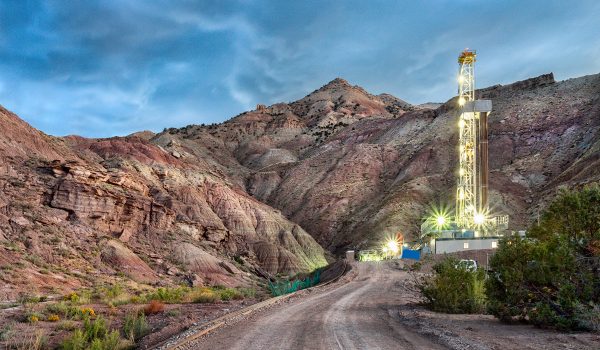Through its March 22, 2021 Opinion and Judgment Entry in O’Bradovich et al. v. Hess Ohio Developments, LLC,[1] Ohio’s Seventh District Court of Appeals added to Ohio’s established body of law interpreting when a reservation or conveyance of “coal and other minerals” includes oil and gas. In short, because the deed at issue contained no language that repelled otherwise, the Seventh District determined that the reservation of “coal and other minerals” included oil and gas.
O’Bradovich involved the interpretation of a 1940 deed that excepted and reserved “all the coal and other minerals in, upon or underlying all of the same…” and included the following language:
and to use, occupy and possess any of the surface of the above described premises necessary, convenient or required for the exploring, drilling, testing, mining and removal of all of said coal or other minerals, without compensation therefor, whether or not herein enumerated, connected with or appertaining to the mining and removal of all of said coal and other minerals hereby reserved[2]
The question was whether “other minerals” included oil and gas when the 542-word reservation was primarily focused on coal extraction. Plaintiffs/Appellants argued that because reservation was long and primarily focused on coal extraction, it did not include oil and gas.[3]
The Seventh District disagreed. While early Ohio’s cases in Detlor v. Holland [4] and Gordon v. Carter Oil Co[5]found “other minerals” did not include oil and gas, this was because oil and gas production was not commonplace at the time of the deeds involved (1890 and 1902, respectively).[6] But this changed relatively soon after, and by 1940 oil and gas extraction was commonplace. Thus, the presumption changed such that “other minerals” included oil and gas unless the deed expressly compelled otherwise.[7] Applied here, the Seventh District found that the reservation language’s inclusion of language consistent with the extraction of oil and gas was conclusive: “Importantly, the language in the instant deed is even more general and broad than Coldwell’s, as it includes the right ‘to use, occupy and possess any of the surface of the above described premises necessary, convenient or required for the exploring, drilling, testing, mining and removal of said coal or other minerals.’”[8] Because “drilling” is consistent with oil and gas development, the reservation of “other minerals” includes oil and gas.[9]
The Seventh District got this one right.[10] It distilled the rule from Ohio’s long line of cases, zeroed in on the change to the presumption over time, and applied the appropriate presumption to the words used in a deed executed in 1940. This is the type of decision that adds certainty for interested parties and decision-makers.
For more information, please contact Christopher Rogers, or any attorney in Frost Brown Todd’s Oil & Gas industry team.
[1]7th Dist. Jefferson No. 20 JE 0007, 2021-Ohio-1287
[2] O’Bradovich, ¶ 27.
[3] Id., ¶ 11.
[4] 57 Ohio St. 492, 49 N.E. 690 (1898)
[5] 19 Ohio App. 319, 3 Ohio Law Abs. 43 (5th Dist.1924)
[6] See O’Bradovich, ¶ 31.
[7] See id, ¶¶ 16-26.
[8] Id., ¶ 29.
[9] Id., ¶ 30.
[10] The author was involved in this case and acknowledges his bias.

